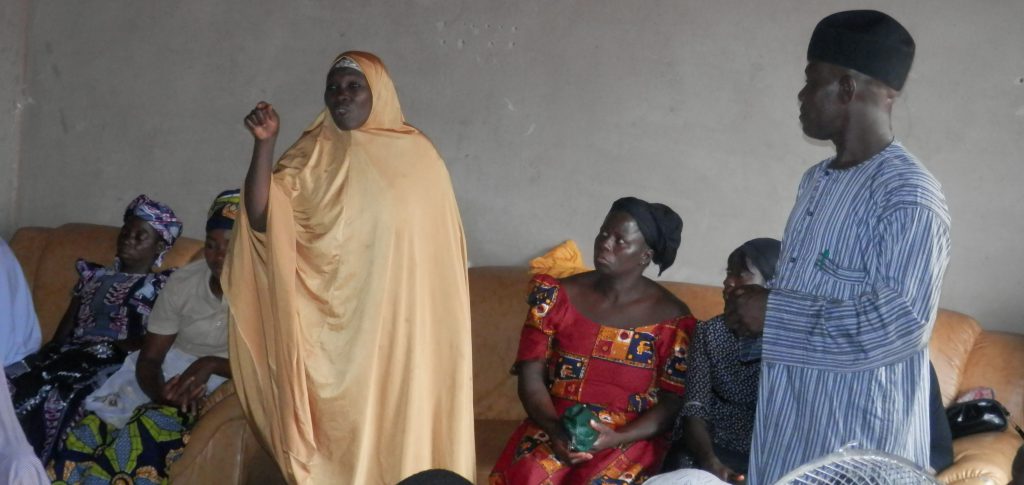Women in Abaji Area Council of the Federal Capital Territory (FCT-Abuja) have continued to lament how inequality placed on them by society is pushing them to poverty and contributing to what they described as a man-made predicament that is being sustained by culture.
The women say a solution to what they term ‘unbearable inequality’ is what is needed so as to empower women and ensure their amplified voices.
They say it is only when they speak in a united voice that they can push advocacies that will liberate and end gender inequality and discrimination women go through in the community and other areas in FCT.
Some women who spoke to MAWA Foundation at a community town hall meeting said the inequality women face has made it impossible for them to be properly positioned to contribute meaningfully to societal development and nation-building as a whole. A situation they said will not be allowed to continue and charged other women to speak up against women’s inequality.
Other women who spoke in a focused group discussion organized by MAWA Foundation as part of a Special Report on how inequality affects women and youth said that society has created women to suffer injustice which many use inequality to justify.
Mrs. Ezea Roseline, one of the women that spoke to MAWA, narrated how Micro Finance Banks and other commercial Banks demand the consent of their husbands before they can be given loans for their businesses regardless of the fact that they are adults that can take decisions on their own.
A situation she condemned while pointing out that it has been allowed to continue because society has placed inequality on women.
Some Muslim women that participated in the focused group discussion expressed disappointment in the way their husbands treat them. They pointed out that their husbands do not believe they have rights as humans and must be subjected to maltreatment and abuse.
They added that many marriages have collapsed in the community because of excess maltreatment of women by their husbands, who see them as mere property instead of humans that ought to be respected.
Mrs. Zainab, one of the participants in the focused group discussion, said the only way to address women’s inequality and discrimination is to empower rural women by strengthening their capacity for a unified strong voice to speak up.
She, however, said there is no voice that the government listens to like women’s voice, adding that when the voices become coordinated and amplified, it will lead to an unprecedented change.
Mrs. Williams Uka, who is not happy about how inequality is affecting women’s economic empowerment, narrated how she had approached three banks for a loan, and they demanded her husband must give consent before she could be considered.
“It is that bad for women. In the banks they want our husbands to give consent before you can be given a loan. Supposing your husband isn’t in support of you taking a loan”, Uka said.

